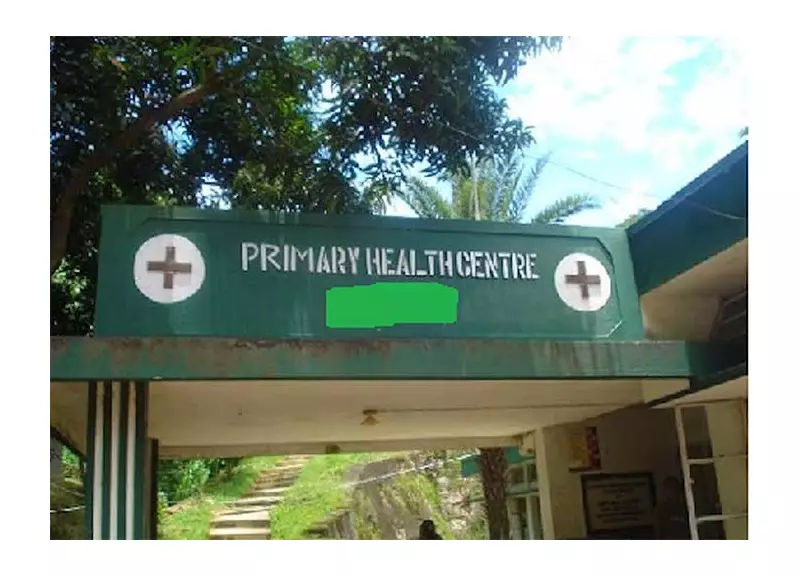
In a landmark move for healthcare delivery, Nigeria has officially adopted the World Health Organization's Framework for Rehabilitation, signaling a new era for physiotherapy services across the nation, particularly in underserved rural communities.
Bridging the Healthcare Divide
The federal government's strategic implementation plan focuses on dismantling barriers that have historically limited rural populations from accessing quality rehabilitation services. This initiative represents one of the most significant healthcare reforms in recent years, addressing critical gaps in Nigeria's medical infrastructure.
Dr. Salma Anas-Ibrahim, Special Adviser to the President on Health, emphasized the transformative potential of this adoption: "We're not just expanding services; we're rebuilding our approach to rehabilitation from the ground up. This framework allows us to create sustainable physiotherapy access where it's needed most."
Strategic Implementation Approach
The rollout incorporates multiple strategic pillars:
- Workforce Development: Intensive training programs for healthcare workers in rural facilities
- Infrastructure Enhancement: Upgrading primary healthcare centers with basic rehabilitation equipment
- Community Integration: Establishing mobile physiotherapy units for remote villages
- Tele-rehabilitation Services: Leveraging technology for remote consultations and follow-ups
Addressing Critical Healthcare Needs
With Nigeria facing increasing cases of non-communicable diseases, accident-related injuries, and age-related mobility issues, the timing of this expansion couldn't be more crucial. Rural communities often bear the heaviest burden of these health challenges with the least access to specialized care.
"Before this initiative, many patients in remote areas had to travel hundreds of kilometers for basic physiotherapy sessions," noted Dr. Oluwatosin Adeoye, President of the Nigerian Society of Physiotherapy. "Now, we're bringing essential services directly to their communities."
WHO Partnership Strengthens Impact
The collaboration with WHO provides Nigeria with technical expertise, international best practices, and monitoring frameworks to ensure the program's success. This partnership represents a significant step toward achieving Universal Health Coverage targets outlined in the National Health Act.
Healthcare analysts project that this strategic expansion could reduce disability rates in rural areas by up to 40% within the next five years, while creating thousands of new healthcare employment opportunities across the country.
Future Outlook and Sustainability
The government has committed to phased implementation, beginning with pilot programs in six states before nationwide rollout. Monitoring and evaluation mechanisms will track progress against key performance indicators, ensuring accountability and continuous improvement.
This groundbreaking initiative positions Nigeria as a regional leader in innovative healthcare delivery, potentially serving as a model for other African nations facing similar rural healthcare challenges.






